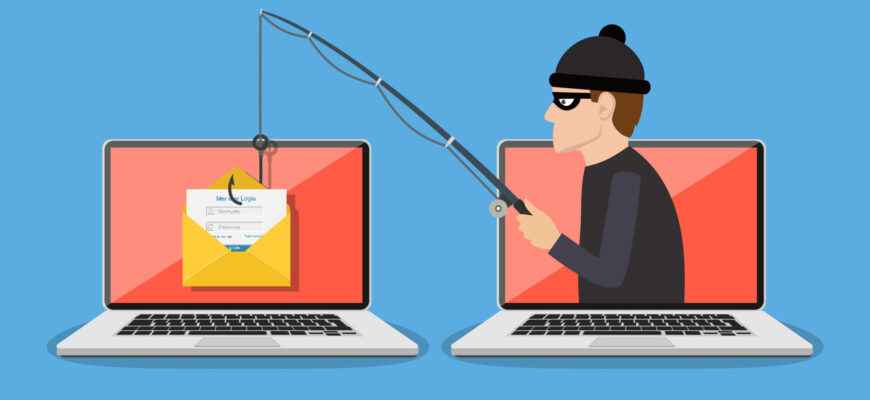What is Vishing and How Can I Protect Myself?

If you think you may have been a victim of fraud, call ACU immediately.
Contact Us
Have you ever received a suspicious phone call claiming to be from your bank or credit union? It may have been a vishing attack. Vishing is when criminals use voice technology, such as automated recordings, to try to gain access to your personal information. Let’s look at how vishing attacks work and how you can protect yourself from financial scams.
What Is Vishing?
Vishing (or “voice phishing”) is a form of telephone fraud in which criminals use automated recordings or live callers to target victims over the phone. The goal of these calls is to obtain personal information, such as bank account numbers or Social Security numbers, that can be used for identity theft or other criminal activities. Vishing attackers will often claim to be from a legitimate institution, such as your bank or credit union, and will usually offer incentives if you provide them with the requested information.
How Do Phone Call Attacks Work?
Vishing attackers work by using automated recordings or live callers to engage in conversation with potential victims in order to gain their trust. Attackers will often attempt to create an urgency around the situation in order to pressure potential victims into providing personal information without thinking twice about it. Attackers may also use caller ID spoofing techniques in order to make it appear as though they are calling from a legitimate institution like your bank or credit union.
Protecting Yourself from Financial Scams
The best way to protect yourself from financial scams is by remaining vigilant and aware of any suspicious activity on your accounts. If you receive a suspicious call from someone claiming to be from your bank or credit union, do not provide any personal information until you can verify the caller’s identity by calling the institution directly. You should also review your financial statements regularly for any unauthorized activity and report any unusual activity immediately. Following these tips will help ensure the highest level of security:
- Use Multifactor Authentication (MFA) anywhere our technologies allow us to. Preferably using an authenticator application vs SMS or one-time-pin.
- Ensure that we are using official websites for shopping and ordering from reputable sources, verify that the website is secure before making any purchases and entering payment information. (Lookout for deals that seem TOO good.)
- Know who you are communicating with. If in doubt it is okay to use another means of communication to verify the authenticity of who you are communicating with via email or instant messaging. If you receive a suspicious phone call, hang up immediately and contact the company or organization yourself by going directly to their website.
- Use Digital Wallet features (Like Apple Wallet) or other Tap-to-Pay Technologies that are available – Point of sales machines become a source for a malicious actor to gain access to a lot of transactional information in one place. A shopping center payment pad cover/skimmer can be used; Point of Sale Devices can become infected with malware putting information at risk, gas pumps can have skimmers installed and pose a risk to all those who use that gas pump.
- Using ATMs that support Tap Pay/NFC Contactless or Cardless transactions – ATM Skimmers pose a high risk. Staff and Members should regularly be inspecting the ATMs for anything out of the ordinary. You may need to shake the card read slots and cash dispensing location for decoy pieces that look like they are part of the ATM. This should be done at all ATMs when used here at ACU or any Financial institution.
Credit union members should always remain vigilant when it comes to protecting their personal information against vishing attacks and other types of financial scams. By staying informed about how vishing works and taking steps such as verifying the caller’s identity before providing any sensitive information, credit union members can help ensure that their accounts remain secure and protected against potential scammers.
Click here to visit our Contact-Us page.
